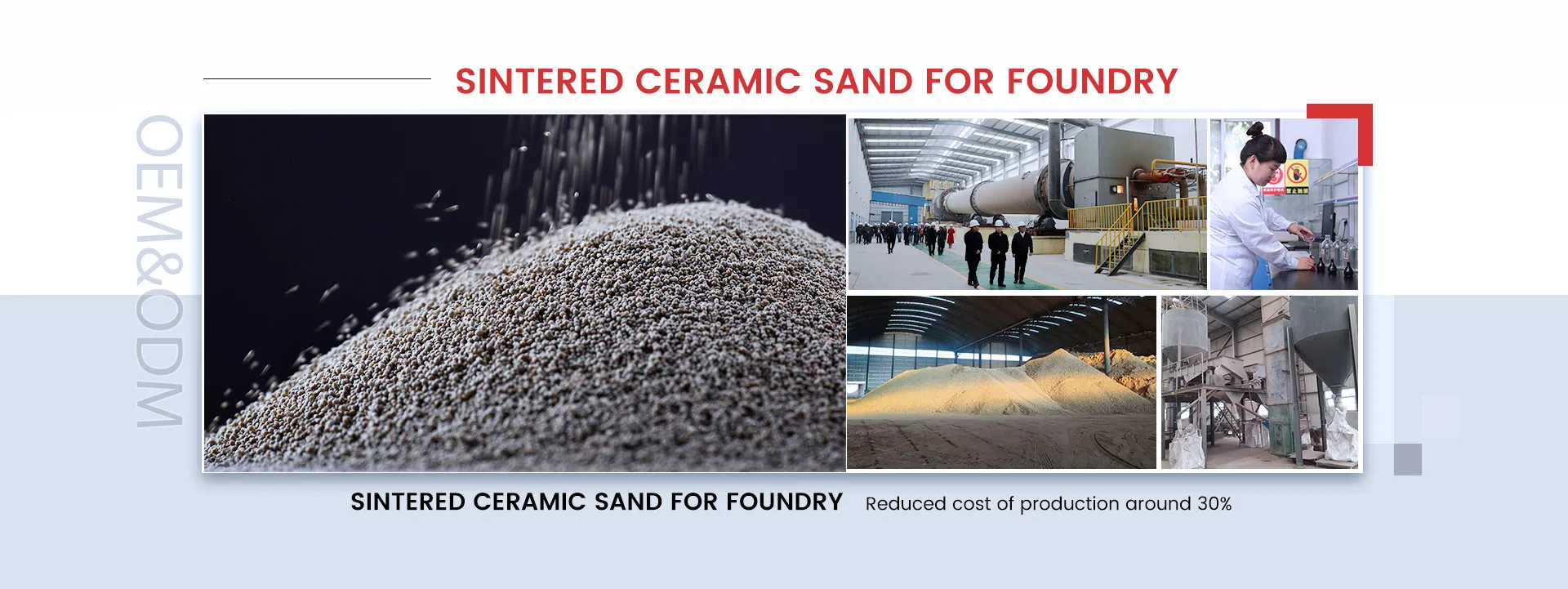The Significance of Fine Casting Sand in Metal Casting
Fine casting sand plays a pivotal role in the metal casting industry, serving as a crucial material for producing high-quality castings. Its properties and characteristics significantly influence the outcome of the casting process, making it an essential element for manufacturers and artisans alike.
One of the primary advantages of fine casting sand is its ability to form fine, detailed molds. The small particle size allows for an excellent surface finish, enabling intricate designs and patterns to be achieved. This is particularly important in industries where precision is paramount, such as automotive and aerospace manufacturing. When the sand is packed tightly around a pattern, it captures every detail, ensuring that the final product reflects the desired specifications with minimal post-processing required.
In addition to its precision, fine casting sand possesses excellent thermal properties. During the pouring of molten metal, the sand retains heat, allowing for a controlled cooling process. This characteristic is crucial in preventing defects such as cracking and warping, which can occur if the metal cools too quickly. Consequently, using fine casting sand contributes to the integrity and durability of the final casting, resulting in stronger and more reliable components.
fine casting sand

Moreover, the composition of fine casting sand is often tailored to specific casting requirements. Commonly, silica sand is used due to its high melting point and resistance to thermal shock. However, additives such as clay can be mixed with the sand to enhance its binding properties. This flexibility allows foundries to optimize the sand mixture based on the type of metal being cast and the complexity of the mold, further improving the efficiency of the casting process.
Environmental considerations are also influencing the use of fine casting sand. As the demand for sustainable practices grows, many foundries are exploring the use of reclaimed sand, which can be processed and reused without compromising quality. This not only reduces waste but also lowers production costs, making fine casting sand a more sustainable option for metal casting operations.
In conclusion, fine casting sand is a fundamental component of the metal casting industry. Its ability to create detailed molds, support thermal management, and adapt to varying requirements makes it indispensable in producing high-quality metal components. As the industry evolves, continued innovation in casting sand formulations and recycling methods will likely enhance its role in sustainable manufacturing practices.
Post time:Каст . 15, 2024 23:23
Next:Crafting with Sanded Resin for Stunning DIY Projects and Unique Home Decor Ideas
